The Hospital for Sick Children (SickKids) is transforming the future of child health through an innovative approach we call Precision Child Health. Building on our long legacy of paediatric clinical and research innovation, and a 2022 ranking as the top children’s hospital in the world*, over the next decade we’ll transform paediatric health care with precision approaches; harness data about our patients’ genes, biology, and environment; and guide predictive, preventive, diagnostic, and therapeutic care tailored to each unique child.
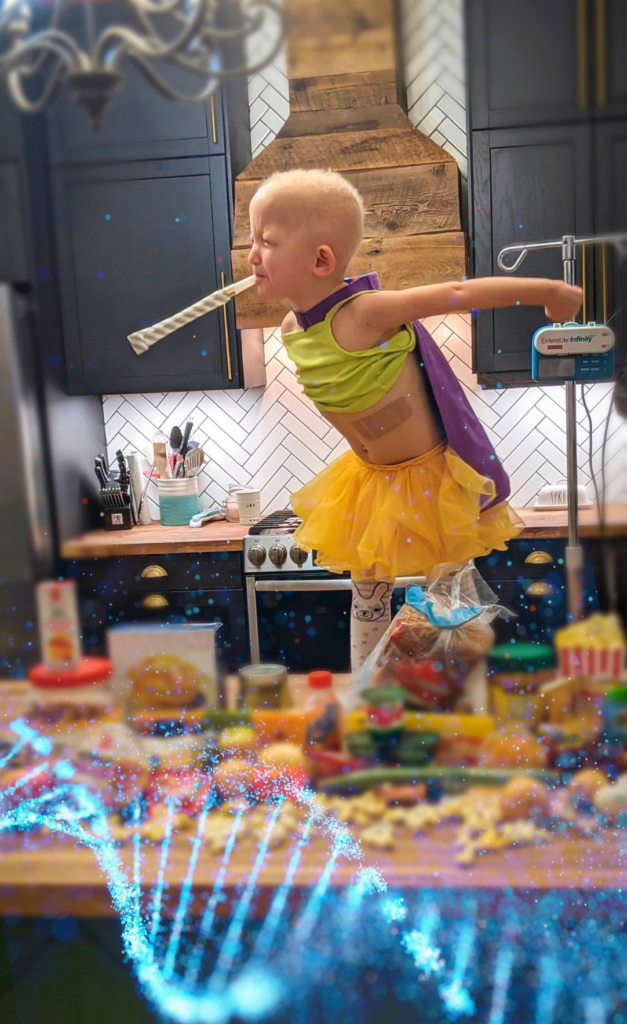
SickKids patient Isla celebrating the removal of her feeding tube following treatment for a rare genetic condition.
Isla was a medical mystery for the first year of her life. At just one week old, she was in the SickKids neonatal intensive care unit with many symptoms, including difficulty feeding and high levels of inflammation markers in her blood. Isla and her parents spent that first year in and out of the hospital. During that time she experienced challenges eating and was fitted with a feeding tube to help her retain nutrients and grow.
The clinical team suspected a genetic cause behind Isla’s symptoms and began treating her with a biologic drug, which helped block inflammation proteins. Once she was on this new treatment, the effect was dramatic. “Isla started to have more energy,” says her mother, Miki. “She began smiling and even laughing.” To learn more about Isla’s condition and to confirm she was on the right course of treatment, the team arranged whole exome sequencing, one of the most comprehensive types of genetic testing available at the time. The results showed Isla has a rare but treatable genetic variation, and is now on the right treatment. Isla’s story demonstrates why SickKids is championing Precision Child Health.
Just a Quick Note:
InnovationsOfTheWorld.com has partnered with Trade License Zone (TLZ) to support global innovators looking to expand internationally. Take advantage of the UAE’s Free Zones—enjoy streamlined setup, low corporate taxes, and a strategic gateway to the Middle East and beyond.
Get Your UAE Free Zone License Fast & Easy!Today, Isla no longer has a feeding tube and is frequently found helping in the kitchen. The promise of Precision Child Health to enhance patient-centred care, decrease preventable harm, and unlock treatment for all our patients has never been clearer – that’s why SickKids is pioneering a powerful new approach to paediatric medicine.
* Source: Newsweek World’s Best Specialized Hospitals 2022 – Pediatrics
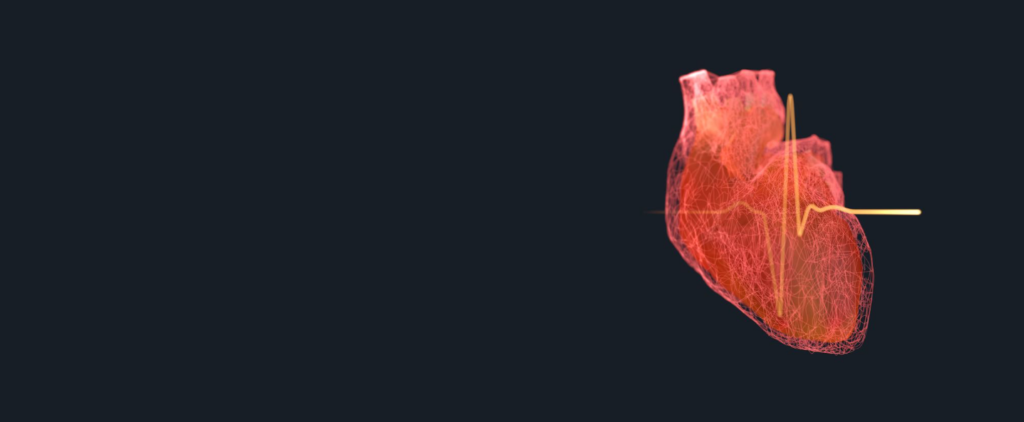
THE FUTURE OF AI-POWERED CARE
SickKids researchers are using artificial intelligence (AI) to reimagine the future of paediatric care through automation, prediction and early detection. The goal? To uncover diagnostic answers, prevent harm and improve the patient and family experience. Led by our AI in Medicine for Kids (AIM) initiative, SickKids is on a mission to transform paediatric care through AI.
Predicting a life-threatening event before it happens: Up to 29 per cent of critically ill children experience abnormal heart rhythms, also known as arrhythmias. Currently, arrhythmias are diagnosed by a clinician looking at the ECG signal on the patient’s bedside monitor. A SickKids machine learning system developed by a team led by Staff Physician in the Department of Critical Care and Co-Chair of AIM, Dr. Mjaye Mazwi is able to detect arrhythmias among patients in the critical care unit seconds after onset, alerting the care team and expediting diagnosis. For critically ill children, early diagnosis could mean early treatment to reduce harm and improve patient outcomes.
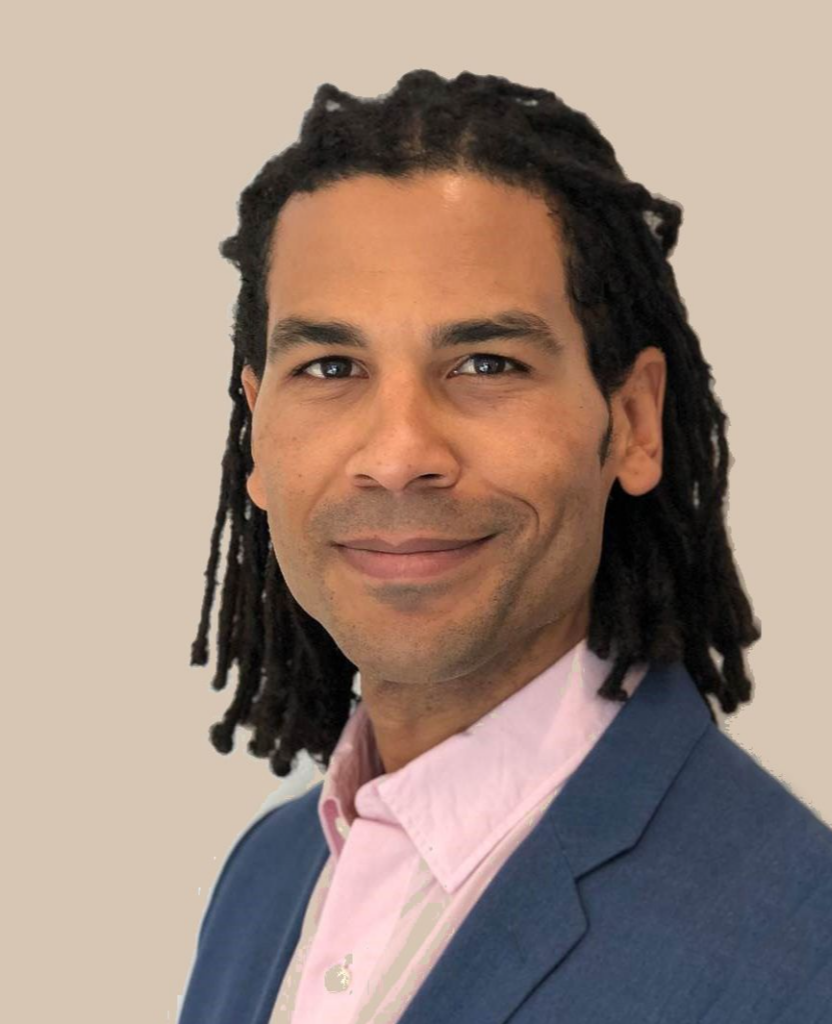
Using deep learning to prioritize care and reduce stress on families:
Hydronephrosis is a common prenatal ultrasound finding that involves an enlargement of the central part of the kidney where urine collects. While the majority of children with this condition will get better on their own, some will require medical or surgical intervention. These children are monitored with repeated ultrasounds that may include invasive, painful tests that take place over many clinic visits. A team led by PhD student Lauren Erdman and Nurse Practitioner Mandy Rickard developed a deep learning tool to enable a more efficient way to help children with hydronephrosis. The tool analyzes patient ultrasounds to predict the probability a patient may need surgery, or if they will improve on their own. This aims to help decrease clinic visits and invasive testing for some, while fast-tracking surgery for those who need it – reducing stress and time spent in hospital for families.
Detecting cancer earlier with whole body MRIs: Detecting cancer early is critical to improving survival odds. That’s why a team led by SickKids Senior Scientist and Co-Chair of AIM Dr. Anna Goldenberg is developing a whole-body MRI-based machine learning tool to detect early-onset cancers among children. Using this machine learning tool, doctors would more easily be able to detect cancers in children early enough to spare patients the side effects of aggressive treatments.
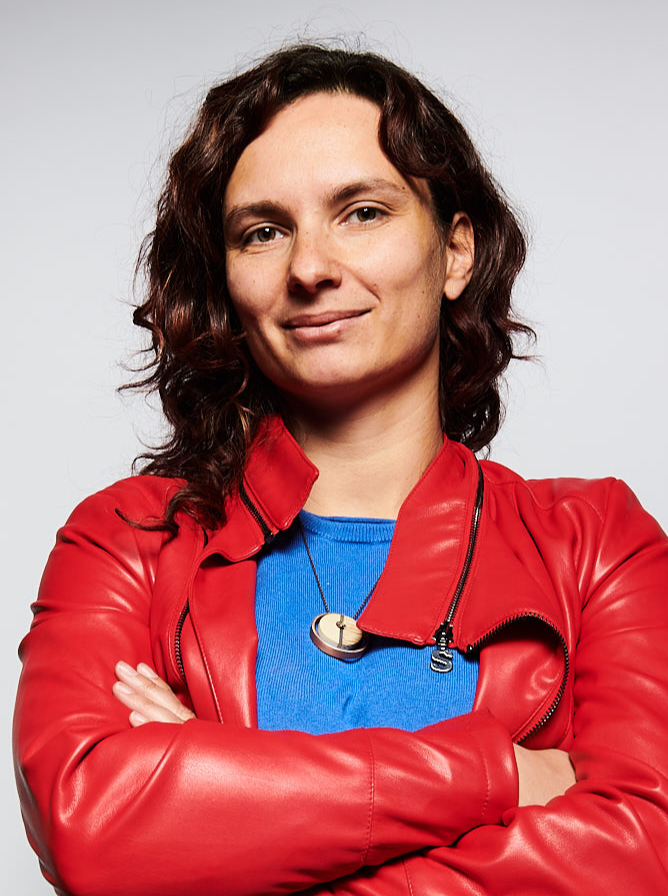
Streamlining care through emergency department automation: The emergency department (ED) experience in any hospital can be difficult. To improve the patient experience in the ED, a team led by Staff Physician and Clinical Artificial Intelligence and Machine Learning Lead in the Division of Paediatric Emergency Medicine at SickKids, Dr. Devin Singh is pioneering machine learning algorithms that can identify which diagnostic imaging and lab tests a patient needs before they can be assessed by a physician. Using triage data collected when patients first arrive in the ED, the model can predict what tests are needed (like x-rays and urine tests) for common medical conditions. These models may also be able to automate ordering these tests early in a patient’s visit, streamlining care significantly. The team wants to take it a step further to adapt the models to make predictions using data originating from the home, before patients even come to the ED, which could revolutionize the way children access health care.
A NEW SICKKIDS IS RISING AND WITH IT, A NEW ERA IN CHILD HEALTH.
Through Project Horizon, our campus redevelopment project, SickKids is transforming our hospital campus in the heart of Toronto’s Discovery District to deliver on the future of next-generation care.
• SickKids’ approach for delivering health care is centred on the needs of patients and their families, providing the best in complex and specialized family-centred care and championing an accessible, comprehensive and sustainable child health system.
• SickKids is one of Canada’s most research-intensive hospitals, with programs spanning the spectrum of childhood diseases, and expertise that extends to fundamental science, translational medicine and health policy. Our multidisciplinary research programs are the engines of discovery.
• From dynamic simulations and hands on training to our International Learner Program, the Learning Institute helps advance knowledge and skills locally, nationally and throughout the world.
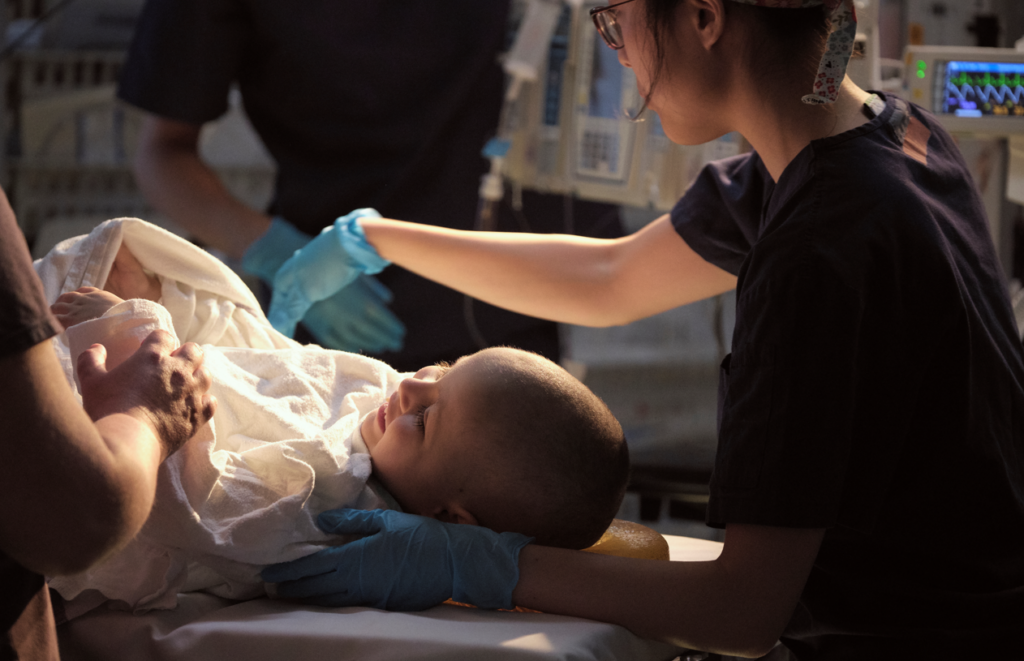
The new SickKids campus will enable our world-class staff to push the limits of care, research and learning to create the best possible healing environment for our patients and families.














